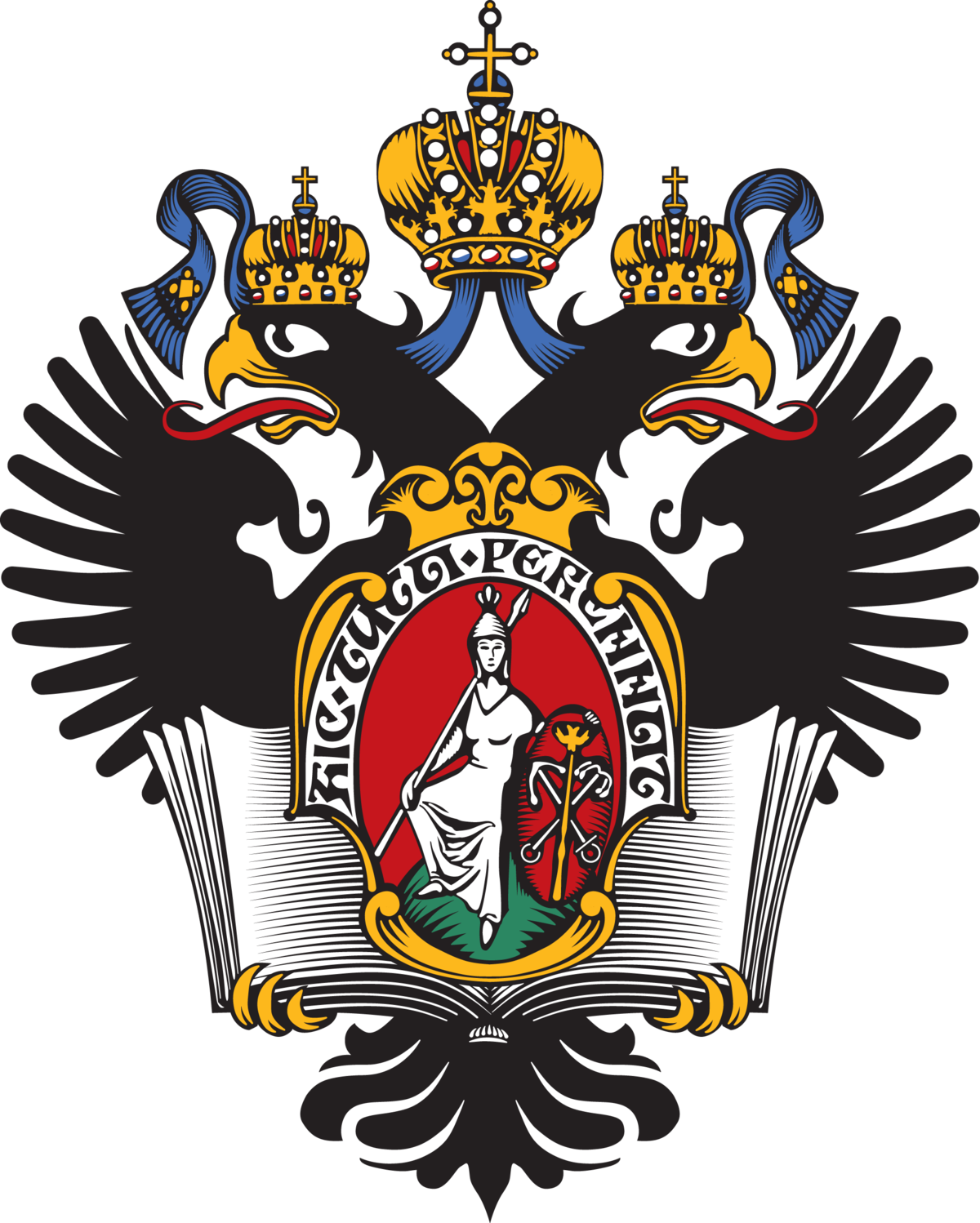
Saint Petersburg State University
Green Education Ranking
#481
About Saint Petersburg State University
Saint Petersburg State University (SPBU; Russian: Санкт-Петербургский государственный университет) is a public research university in Saint Petersburg, Russia. Founded in 1724 by a decree of Peter the Great, the university from the beginning has had a focus on fundamental research in science, engineering and humanities. During the Soviet period, it was known as Leningrad State University (Russian: Ленинградский государственный университет). It was renamed after Andrei Zhdanov in 1948 and was officially called "Leningrad State University, named after A. A. Zhdanov and decorated with the Order of Lenin and the Order of the Red Banner of Labour." Zhdanov's was removed in 1989 and Leningrad in the name was officially replaced with Saint Petersburg in 1992. It is made up of 24 specialized faculties (departments) and institutes, the Academic Gymnasium, the Medical College, the College of Physical Culture and Sports, Economics and Technology. The university has two primary campuses: one on Vasilievsky Island and the other one in Peterhof.
About World Green University Ranking
World
Green University Ranking 2024 is a
scholarly acknowledgment of educational
institutions standing at the forefront of
Education for Sustainable Development (ESD) and
leading the Green Education Transformation
(Education 6.0).
World Green University Ranking classifies
universities based on the six pillars of the
Holistic Green Education Framework, including
leadership governance, curriculum, innovation,
facilities, human capital, and community
partnerships.
The methodology employed in our Green Education Ranking is designed relying on the six pillars of the Holistic Green Education Framework. Each pillar contributes to the institution’s overall score, with a carefully assigned weight reflecting its significance in fostering sustainability. The total weight of the six pillars collectively amounts to 100%, signifying a balanced evaluation across critical dimensions of Green Education. Within each pillar, various standards are carefully assessed, with weights ranging between 1 and 2, emphasizing the varying importance of each criterion. This nuanced approach ensures a holistic evaluation and offers an insightful measure of universities commitment to Green Education Transformation (Education 6.0).
| # | Six Pillars of Green Education Framework (6Gs). | Weight |
|---|---|---|
| 1 | Green Educational Leadership | 14% |
| 2 | Green Curriculum | 17% |
| 3 | Green Innovation and Research | 19% |
| 4 | Green Facilities | 15% |
| 5 | Green Human Capital | 19% |
| 6 | Green Communities | 16% |
| Total | 100% |

